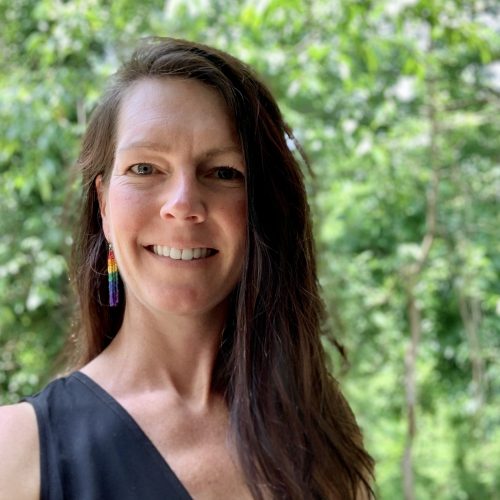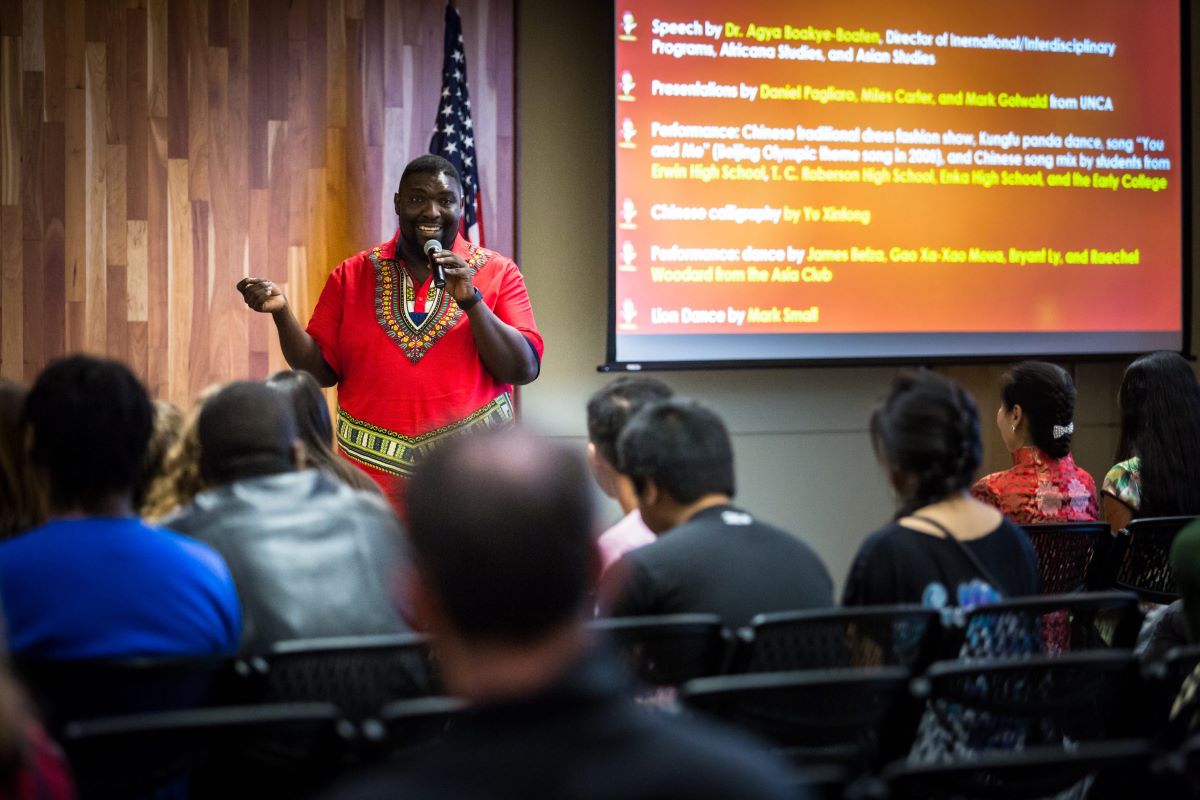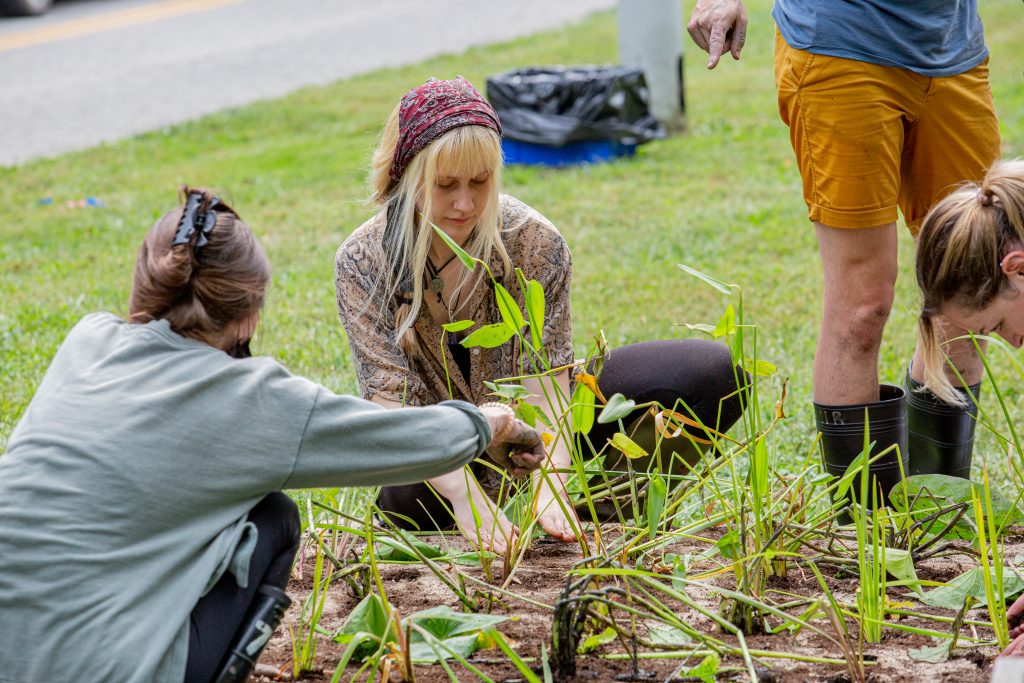Certificate in Sustainability

Why Pursue a Sustainability Certificate?
Our increasingly complex and interdependent world needs critical thinkers with strong problem-solving skills who are able to address the long-term viability of social-ecological systems. The Interdisciplinary Certificate in Sustainability seeks to give students a broad understanding of environmental, socioeconomic, and humanistic systems through interdisciplinary academic preparation, community engagement, and cross-campus collaboration so that they can help develop local and global solutions for a sustainable future.

Curriculum
The Interdisciplinary Certificate in Sustainability requires the completion of a minimum of 5 courses and 13 semester hours, including IST 230, Sustainability Seminar (1 credit) – the core required course for the certificate. The remaining courses must be chosen from the list below, with at least two courses at the 300-400 level. Requests for course substitutions must be approved by the certificate coordinator.
Courses must represent at least two different disciplines (as determined by course prefix) from two different departments. No more than eight of the required 12 semester hours that a student applies toward an interdisciplinary certificate may have the same course prefix. No more than 8 hours from a declared major or minor may be applied toward an interdisciplinary certificate. All courses used for the certificate must be completed at UNC Asheville. Interdisciplinary certificates may only be completed in conjunction with the completion of an undergraduate degree at UNC Asheville.
Sustainability Stories

Sustainability Stories
UNC Asheville has a vibrant sustainability culture that welcomes student, staff, faculty and community involvement. From our curriculum to our student organizations, our campus facilities to our beautiful edible gardens, UNC Asheville offers a wide range of opportunities for exploring and enhancing our relationship with the planet and its living systems.
Every day we are reaching thousands of individuals in classrooms, offices, labs, residence halls, dining areas, and open spaces to engage them in co-creating a vibrant and sustainable future for UNC Asheville. Your involvement can significantly enhance our natural environment, human communities, and the financial health of our institution.
Sustainability Clubs

Sustainability Clubs
UNC Asheville students turn their passion for the planet into action through a variety of sustainability-focused clubs. Whether organizing conservation projects with ASHE, advocating for environmental justice with Amnesty International, protecting local habitats with Audubon, or pushing for climate action and fair trade on campus, these student-led groups give you the chance to create real change.
Joining a club is an easy way to connect with others, gain leadership experience, and make a meaningful impact on campus and in the wider Asheville community.
One of my professors used the term ‘serial obsessionist’ to describe his wide variety of interests. I think that term fits me well. I have been surprised by how many different things are really exciting for me to learn about, so I have had a hard time settling into any one path after graduation.
Faculty
Experienced and dedicated faculty support your academic and personal growth and enrich UNC Asheville’s Interdisciplinary Studies program. Our faculty members bring a wealth of knowledge and expertise from diverse ethnicities and nations of origin, languages, and academic disciplines, ensuring a well-rounded and engaging learning experience.
Sonia Kapur, Ph.D.
Interim Chair of Interdisciplinary, International Studies; Sara and Joseph Breman Professor
Office: 207 Zeis Hall
Phone: 250-3943
Email: skapur@unca.edu
Amanda Wray, Ph.D.
Director of Women, Gender, and Sexuality Studies; Associate Professor of Interdisciplinary Studies
Office: 213 Karpen Hall
Phone: 251-6412
Email: awray1@unca.edu
Office Hours:
Monday 10:30 am – 11:00 am
Wednesday 10:30 am – 11:30 am
Thursday and Friday office hours are online by appointment.

Renuka Gusain, Ph.D.
Assistant Professor of Interdisciplinary; International Studies and Humanities; HUM 214 Coordinator; CTL Faculty Fellow 2025-27
Office: 216 Zeis Hall
Phone: 250-3952
Email: rgusain@unca.edu
Office Hours:
Monday 8:30 am – 9:30 am
Wednesday 9:30 am – 10:45 am
Or by appointment

Surain Subramaniam, Ph.D.
Professor of International & Asian Studies
Office: 212 Zeis Hall
Phone: 232-2409
Email: surain@unca.edu
Emily Herzog
Administrative Assistant, Vice Chair of Employee Belonging and Wellness
Office: 205 Zeis Hall
Phone: 250-3955
Email: eherzog@unca.edu
Ready for what's next?
Interdisciplinary Studies at UNC Asheville empowers you to explore diverse subjects, merge ideas from various fields, and discover unexpected connections that can shape the future. Our program is a gateway to a world of boundless possibilities, where you can delve into the intersection of art and science, business and sustainability, technology, and social impact.

